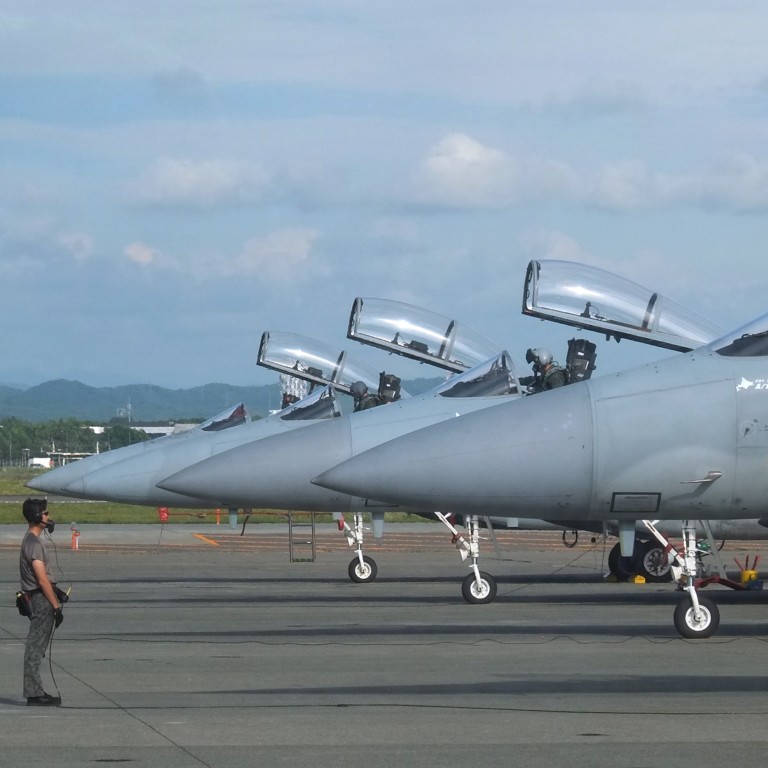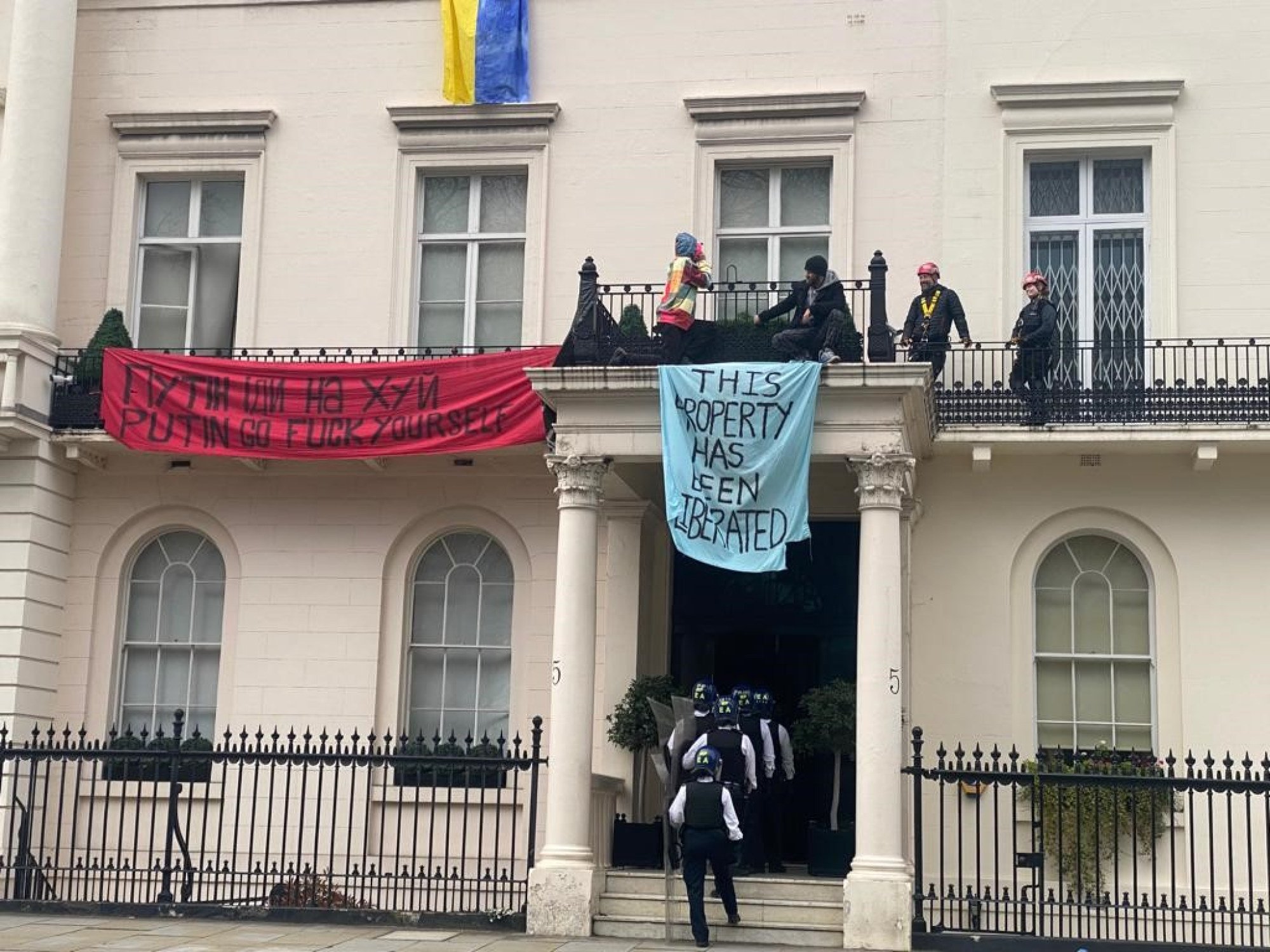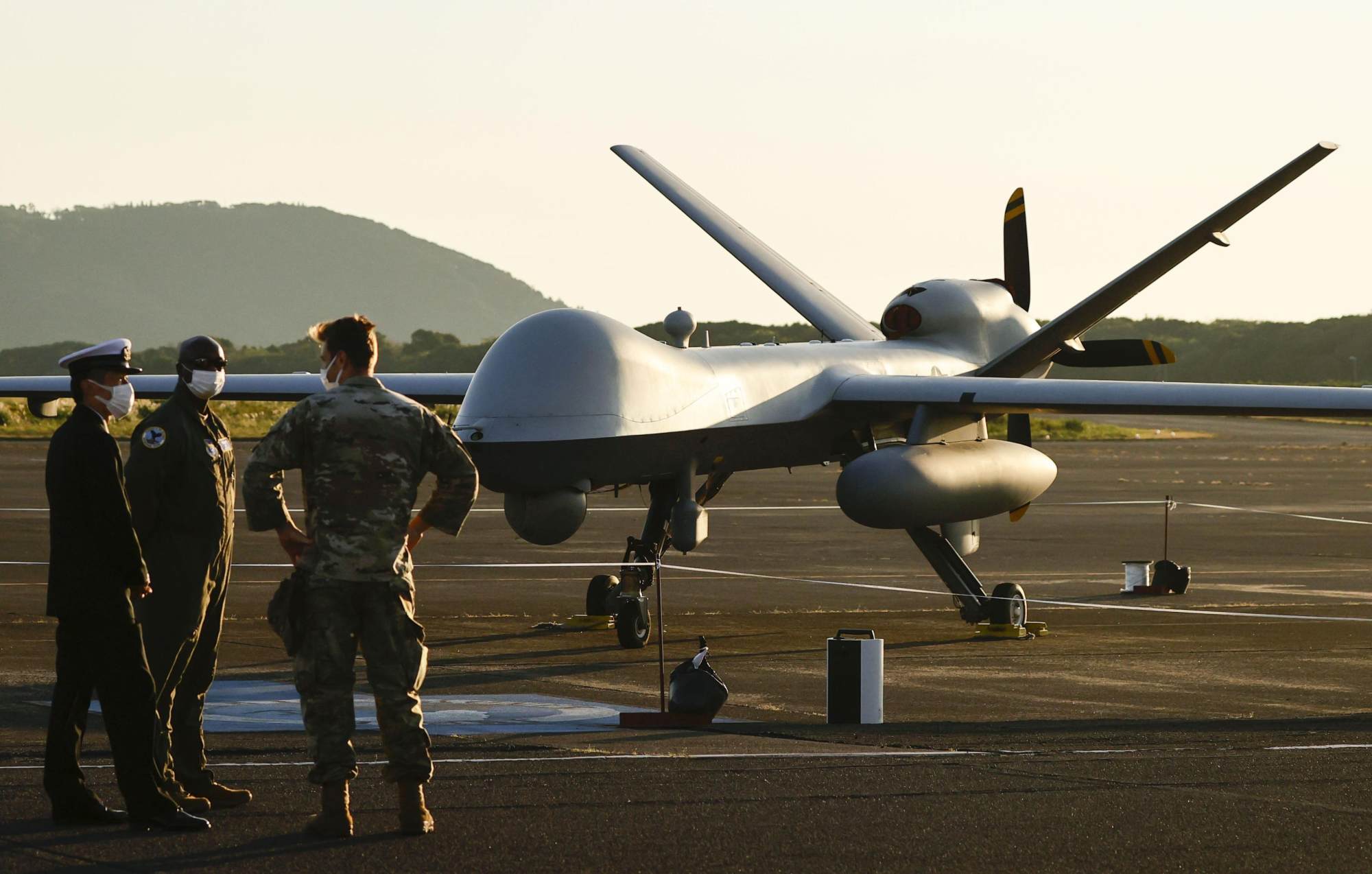
Japan to track land sales near army bases amid China, Russia, North Korea spying fears
- Tokyo aims to use new law to get past shell companies, identify real owners of property that could pose a threat to national security or assets belonging to sanctioned individuals
- Japanese government has identified nearly 60 locations key to national security and is imposing restrictions on who can buy land or property in surrounding areas
Tokyo is also keen to limit access to property assets in Japan held by sanctioned foreign nationals. That need has become more acute since Russia’s invasion of Ukraine in February and the raft of sanctions triggered against leading Russian politicians and industrialists.
Chinese academic at Japanese university detained for spying
And that is likely to be an inconvenience to Russian Foreign Minister Sergey Lavrov, who has reportedly taken advantage of a Tokyo property said to be owned by Oleg Deripaska, a controversial oligarch known to be close to President Vladimir Putin.
Deripaska was placed under US sanctions in 2018 in connection with Russia’s illegal invasion of Crimea, with Britain, Australia and the European Union joining those sanctions this year.
Records released by Russian opposition leader Alexei Navalny’s Anti-Corruption Foundation showed Lavrov and Deripaska in Tokyo in March 2018.
British authorities have frozen the ownership of Deripaska’s luxury flat in London, while the Tokyo property is listed as being owned by AMTEC Solutions Ltd in the British Virgin Islands. Under existing Japanese law, that is all that is required for ownership.

To Jin Matsubara, a member of the opposition Constitutional Democratic Party of Japan, that is unacceptable.
Matsubara late last month called on the government to pass legislation similar to the UK’s Economic Crime (Transparency and Enforcement) Act 2022 to enable Japanese authorities to get past shell companies in overseas territories and identify the real owners of property that could pose a threat to national security or assets belonging to sanctioned individuals.
Earlier this month, the government stated in a written response to Matsubara that it was “examining how to set up a system that enables us to obtain information on beneficial ownership of a legal entity in a unified, continuous and accurate manner.”
“I was amazed to discover the effectiveness of Britain’s new law that obliges overseas entities to reveal their beneficial owners,” Matsubara said. “The UK has set an important precedent for the world … And I was delighted to know that … the Japanese government has made it clear it will set up a system to collect information on beneficial ownership of properties in Japan.”

Under British law, a new Register of Overseas Entities went into force on August 1, with all foreign owners of UK property joining a list held by Companies House in London. These owners will no longer be able to conceal their identities behind shell companies or front organisations, bringing the law into line with the requirements for properties owned by UK companies.
The law is being applied retrospectively to property bought on or after January 1, 1999 in England and Wales and December 8, 2014 in Scotland. Overseas entities had six months from the date the law went into effect to register their beneficial owners, with failure to follow the rules or providing false information punishable with a fine or up to two years in prison.
“We need a new law to obtain information on beneficial ownership of foreign shell companies that are buying Japanese property,” Matsubara said. “Other countries have created their own laws to help protect military installations and other critical facilities.”
Japan, Australia upgrade security pact to counter China’s military rise
Matsubara said there were worrying indications the law was needed urgently.
“For example, there are many villas owned by [Chinese] citizens … on a hill in Hokkaido that overlooks Chitose Air Base, used by the Air Self-Defence Force,” he said. “As with any other sovereign state, Japan needs to know who is buying up land and for what purpose.”
The Japanese government has recently identified 58 locations around the country key to national security and is imposing new restrictions – apart from the proposed legislation – on who can buy land or property in surrounding neighbourhoods. Many of the sites are outlying islands or close to military bases or infrastructure.
The 58 areas are in Hokkaido and Aomori prefectures in Japan’s far north, facing Russia and North Korea, as well as the national command-and-control headquarters in Tokyo. The other sites are in Shimane and Nagasaki prefectures in the south, facing the Korean peninsula and China. As many as 600 locations are likely to be covered by the restrictions.

Analysts have expressed concern the properties could be used for espionage activities against the Japanese or US militaries or serve as bases for acts of sabotage should conflict break out in the region.
The legislation will not single out specific nationalities, but Japanese authorities are likely to keep a close eye on any transactions involving Chinese nationals, Russians in Hokkaido and the far north of the country and members of Japan’s large ethnically North Korean community.
The legislation would also combat transnational organised crime and help prevent money-laundering efforts, Matsubara said.

